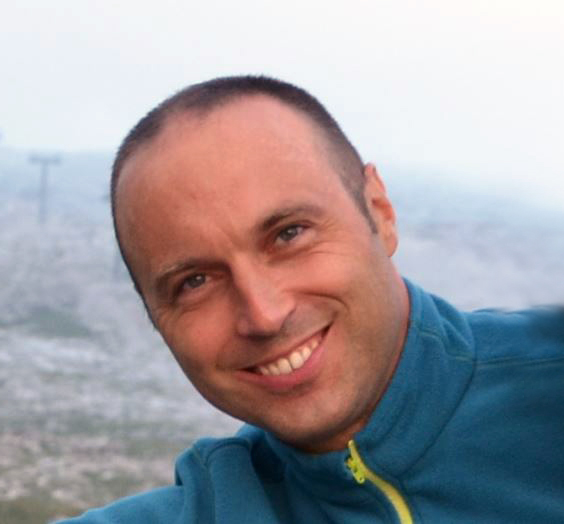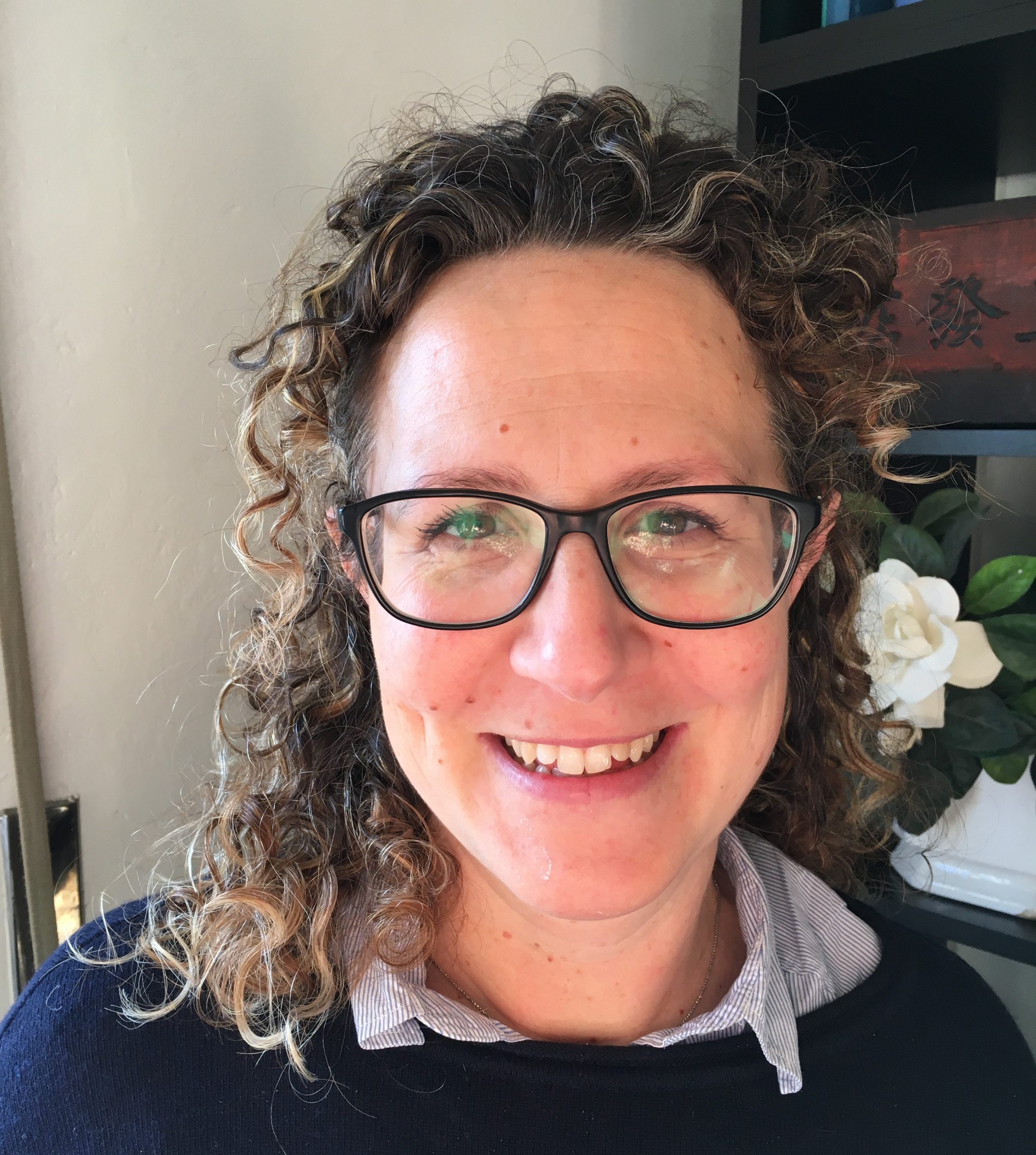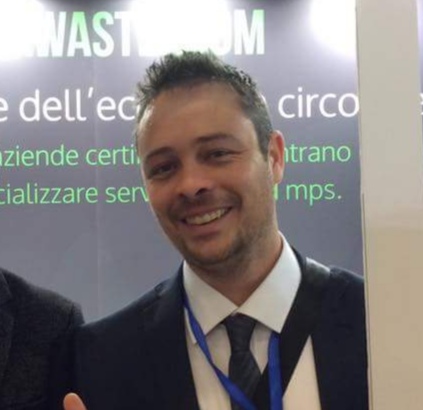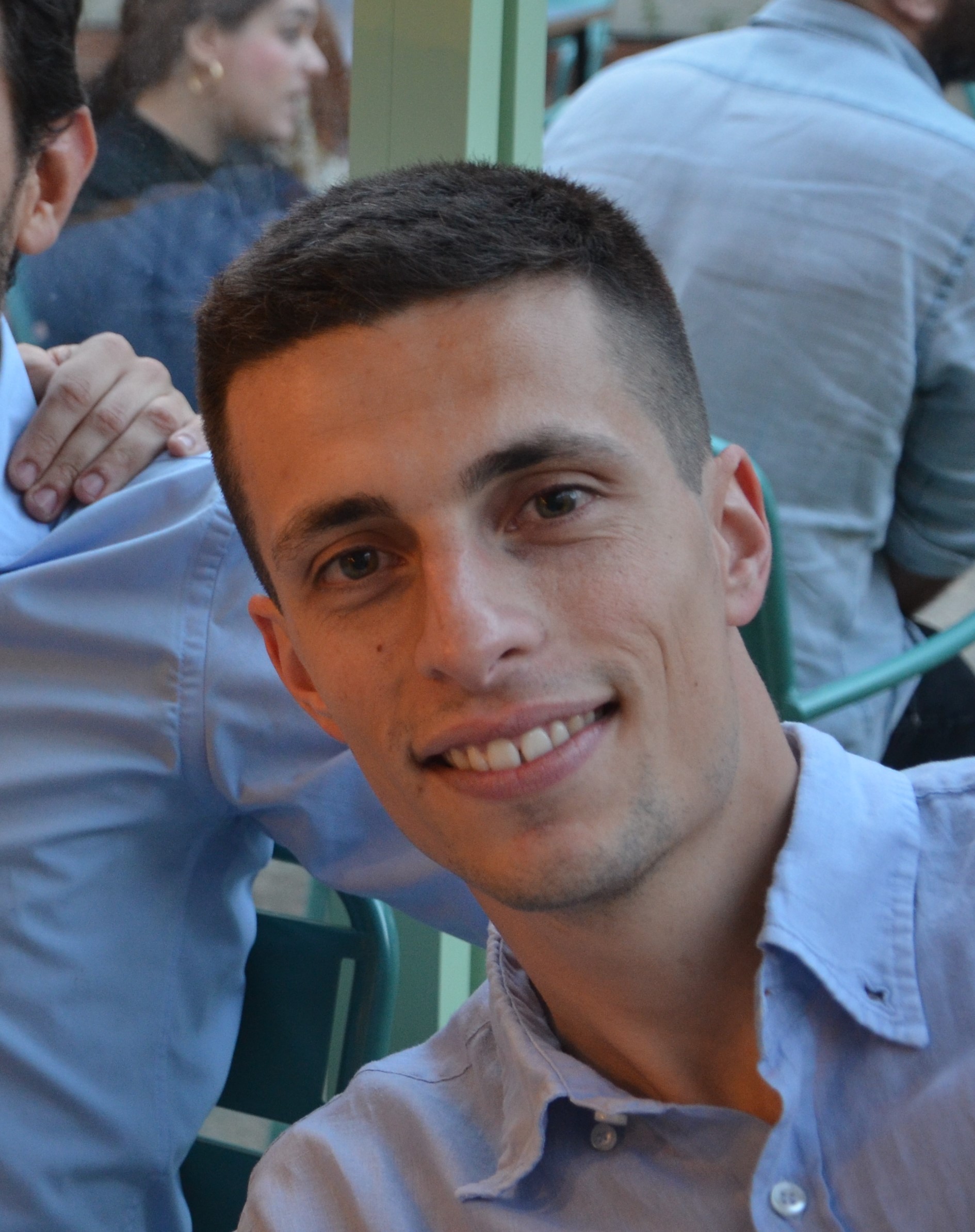SYMPLE is an Innovative Start-up founded in January 2021 by:
Francesca Lotti, PhD, is hydrogeologist, modeler, trainer and partner of Kataclima. In 2021 she started SYMPLE, an Innovative Start-Up, together with 4 other partners. She has nearly 20 years of experience in field investigations and numerical modeling with MODFLOW and FEFLOW of contaminated sites, mines, geothermal plants, coastal aquifers, dewatering projects and more. She collaborates with national and international research institutions and companies. From 2001 to 2014 she carried out research at the University of Tuscia; since 2008 she is professor at the University of Camerino, where she has followed numerous MSc and PhD theses. She regularly holds professional courses, corporate tutoring and lectures at II level Masters. She has always dreamed of founding a school of hydrogeology with priority given to the sharing of experiences, knowledge and operative tools.
Fabio Romani, – Sole director of Kataclima, expert in Energy Management of the industrial sector (“EGE” certified under UNI11339), since 2010 he coordinates the environmental and energy activities of Kataclima srl. Since 2001 he has gained technical-managerial experience especially within Ernst & Young and then at the Italian Ministry of the Environment, where he was a member of the competent authority on EU-ETS and delegated to technical groups at the European Commission on emission trading and energy policies in general. He also participated in the launch of an Italian-American joint venture in 2009 in the carbon market, and is still involved in third-party audits on complex plants, with the qualification of lead auditor for the ETS scheme. It combines a passion for procedures, IT support tools and standards, while maintaining the flexibility to adapt to complex and changing contexts. Curious and motivated, he personally develops new services, with a view to corporate diversification and synergy between apparently different areas.
Sara Leggio, Graduated in Economics and Commerce with a specialization in Environmental Economics, she completed a thesis on the economic mechanism of emission trading applied to the Tuscan tanning district. After a Master’s degree at Bocconi in Economics and Management of the Environment, she moved to China for two and a half years where she worked for Enel and for the Italian Ministry of the Environment in the scouting of energy efficiency and renewable energy production projects eligible as the so called flexible mechanism of the Kyoto Protocol (Clean Development Mechanism – CDM and Joint Implementation- JI). After back to Italy, she worked for the Ministry of the Environment in European and international negotiations on the climate change. As a representative of the Italian Designated National Authority for the approval of CDM / JI projects of the Kyoto Protocol, she was also responsible for verifying compliance with the technical-legal requirements of hydroelectric energy production projects with respect to the provisions of the World Commission on Dams. She then worked for an in-house body of the Ministry of Economic Development for the creation and financial reporting of the Energy Renewables POIn PO-FESR 2013-17. Today she works as a trainer and consultant in the economic-environmental sector.
Daniele Bruschi, – Electronic engineer with several years of experience in the field of energy audits and 360 ° energy consultancy for medium and large companies. He has experience in the use of instrumentation for electrical measurements and in the programming of web applications for public administration with the use of mySQL databases. He mainly deals with energy consultancy, field measurements for energy analysis, he is Head of Safety, Protection and Prevention (RSPP)
Luigi Lana, He graduated in Geology applied to Engineering, Territory and Risks at the “Sapienza” University of Rome. During his course of study he specialized in Hydrogeology and Hydrogeochemistry. He currently works in the HG sector of Kataclima srl, where he mainly deals with hydrogeological numerical modeling, field investigation, data analysis and processing, and GIS processing. He has collaborated on scientific articles on the field of hydrogeological and hydrogeochemical characterization of Ischia Island. As an external collaborator, he taught the “Introduction to QGIS” course at the Department of Ecological and Biological Sciences of the University of Tuscia. Since January 2021 he is among the founding members of SYMPLE.
SYMPLE operates in agreement with a Scientific Committee formed by:
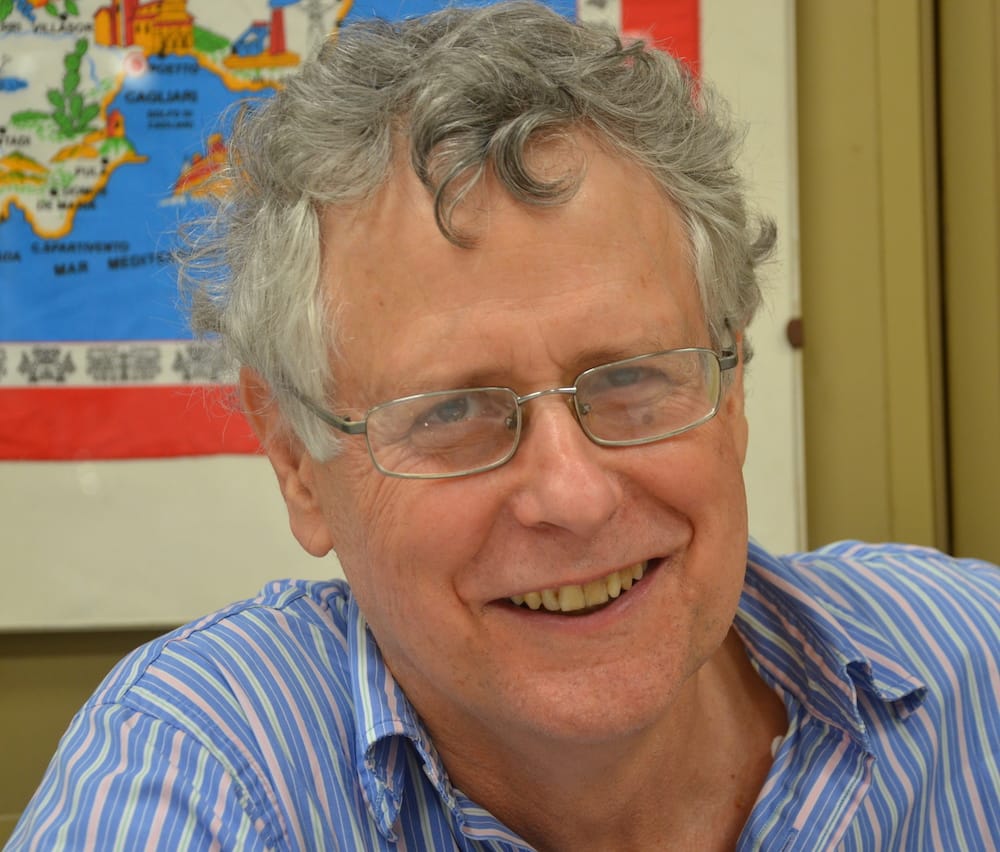
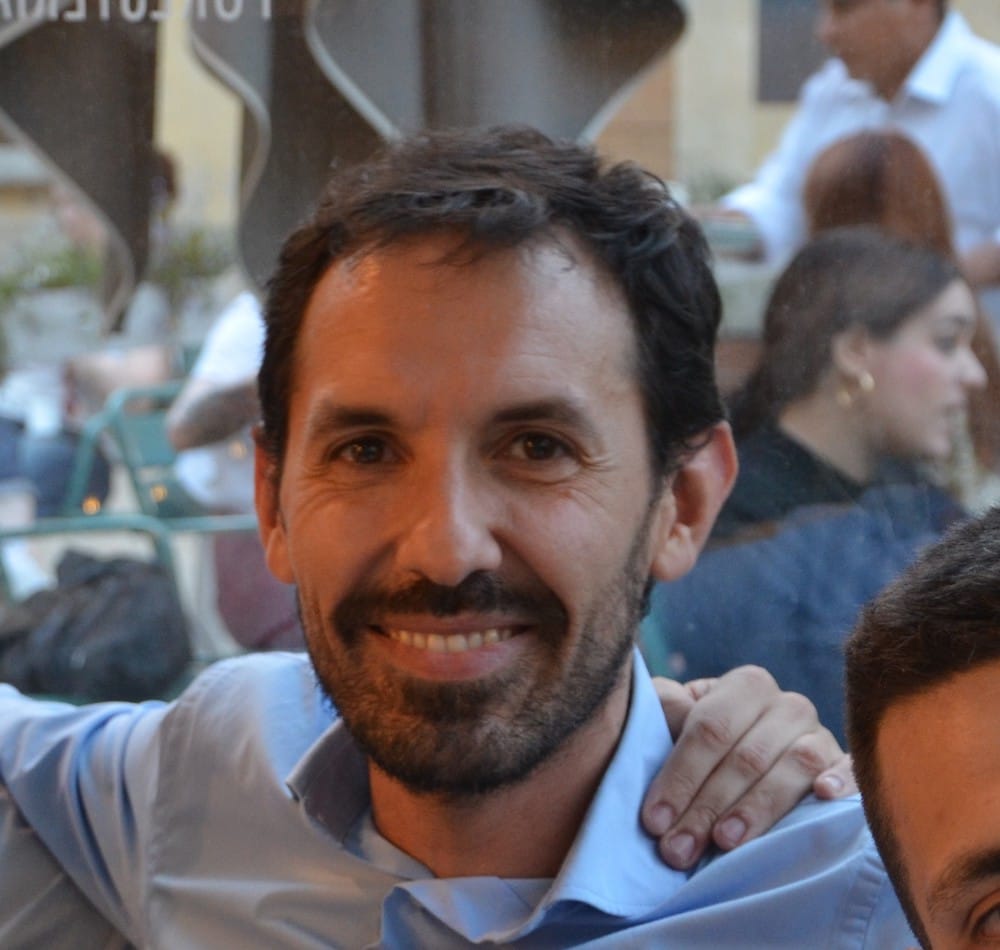

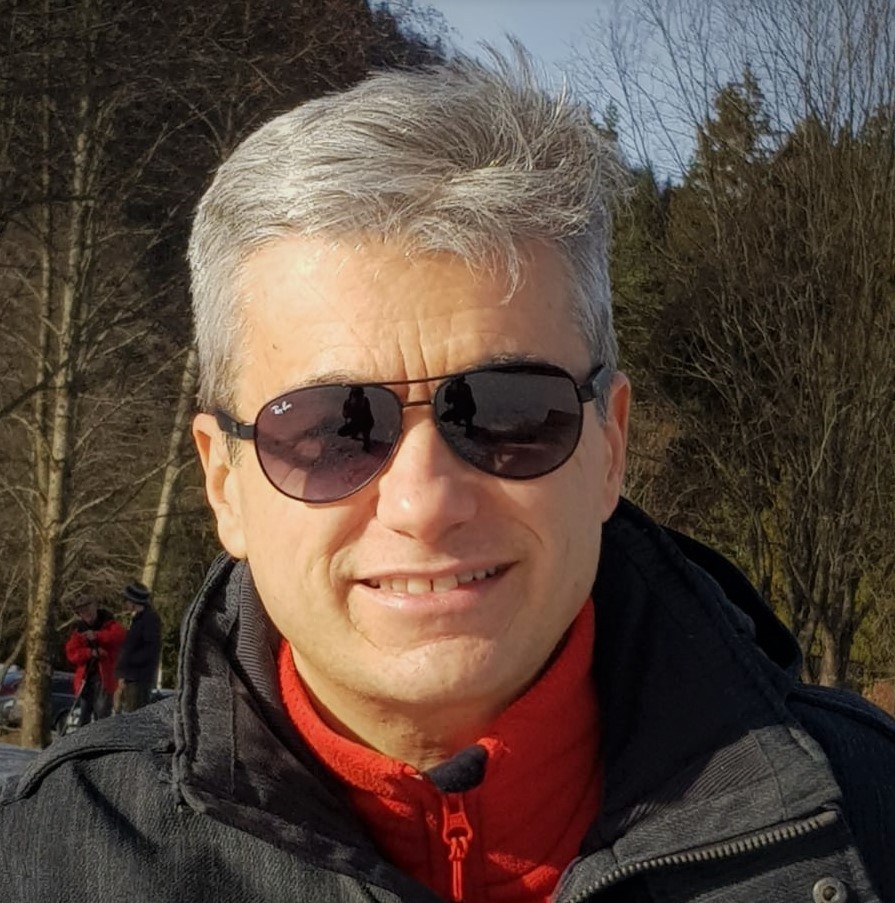
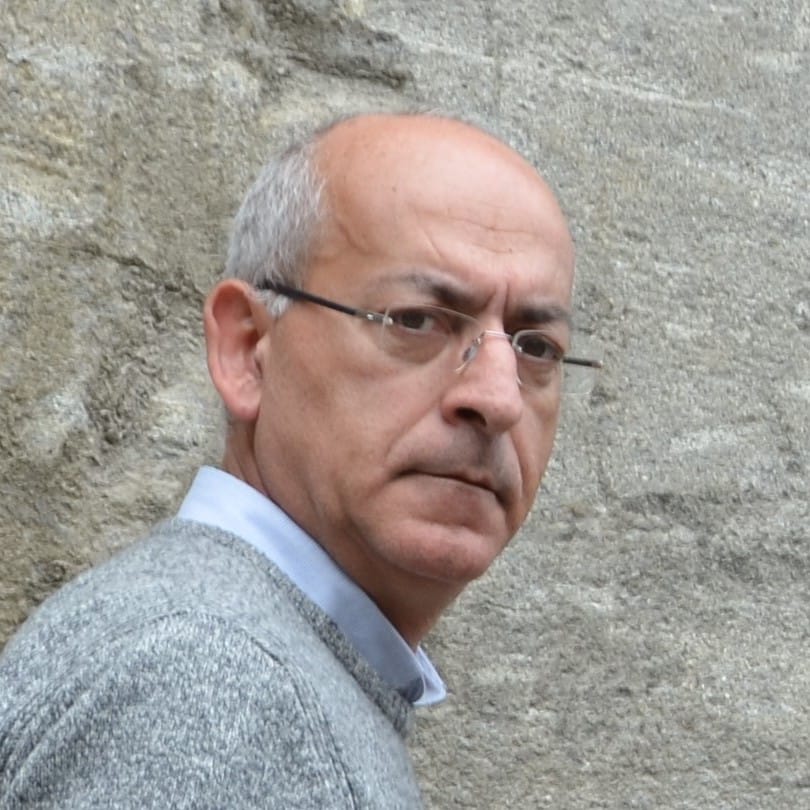
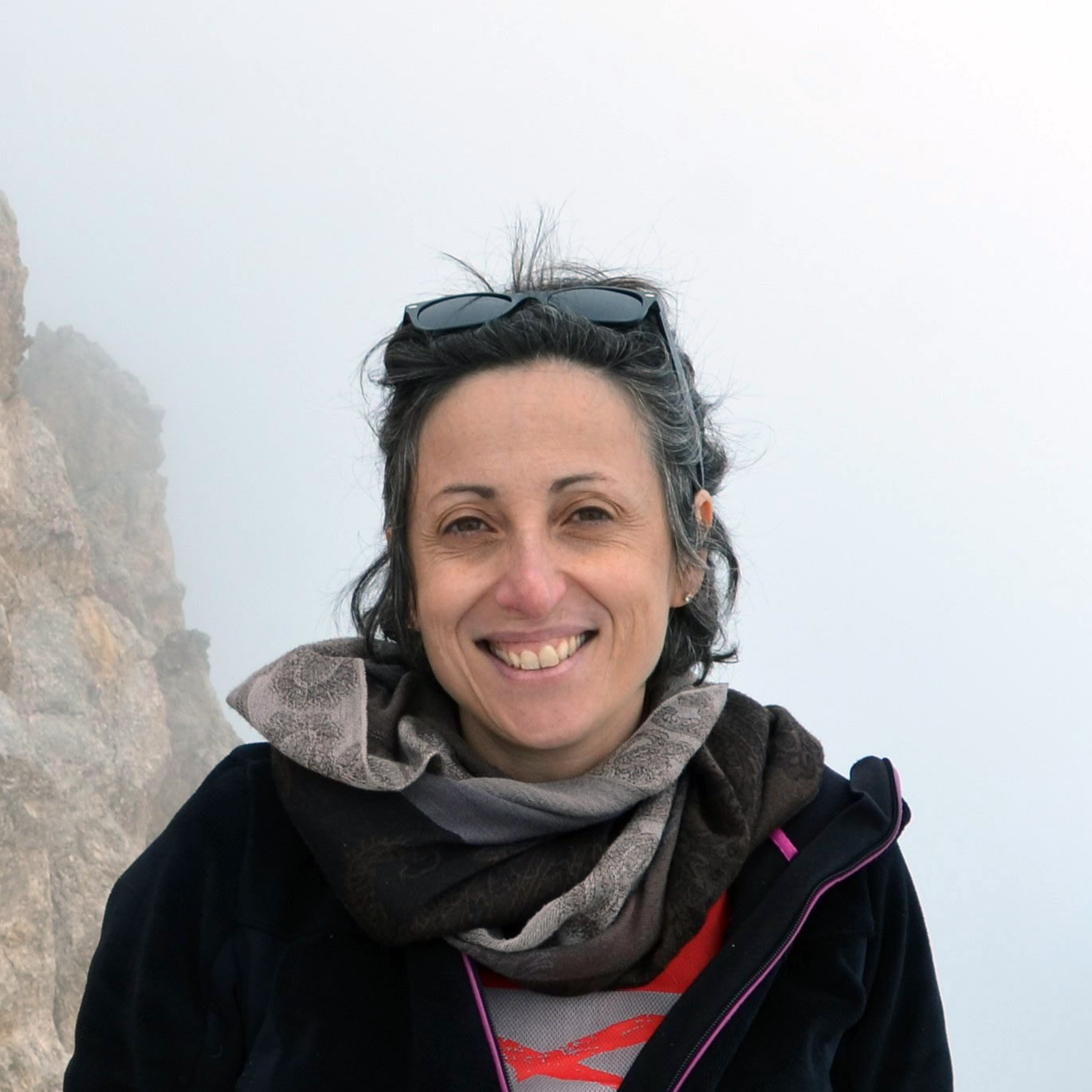
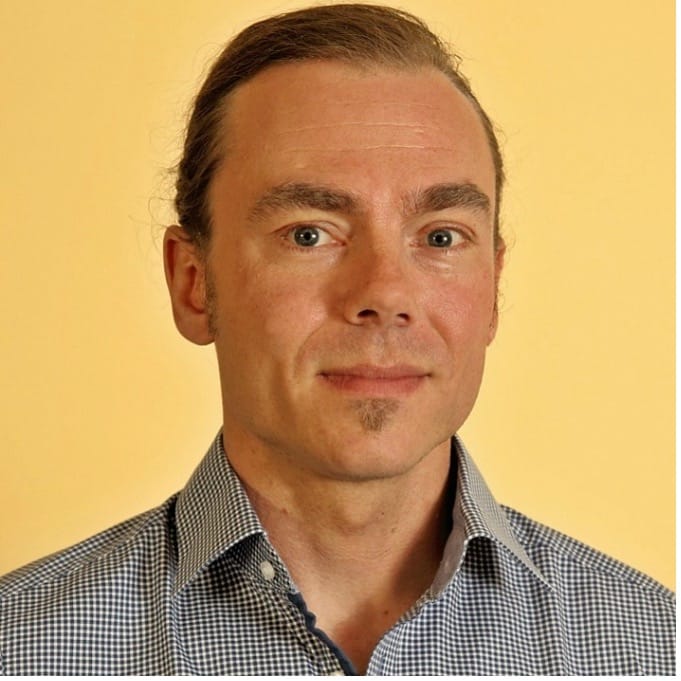
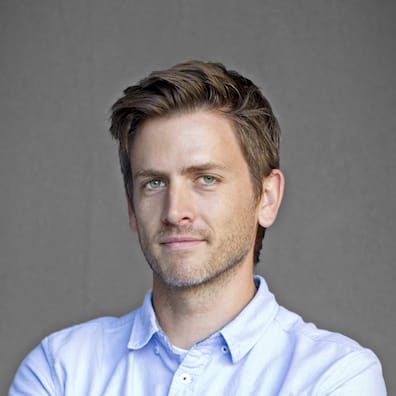

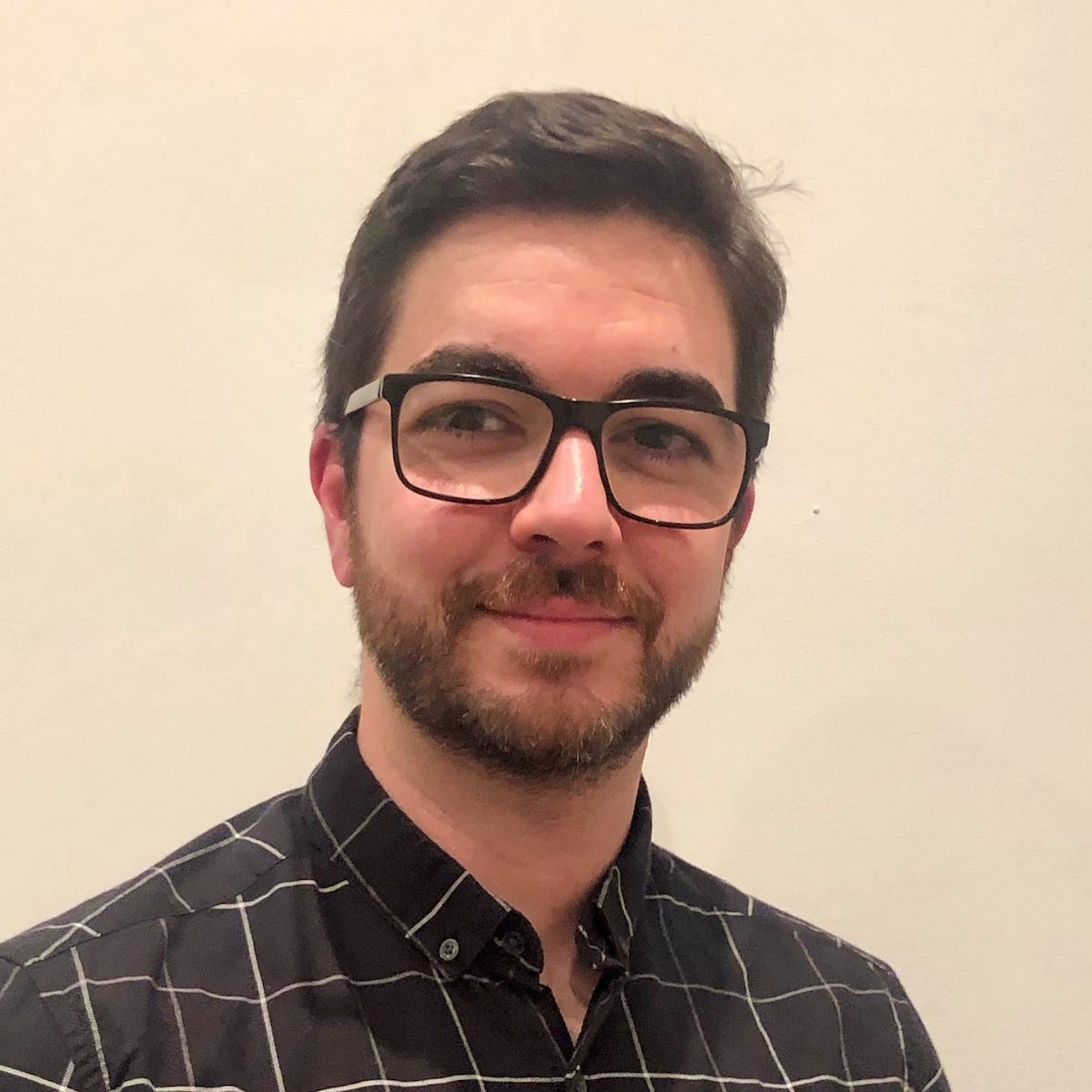

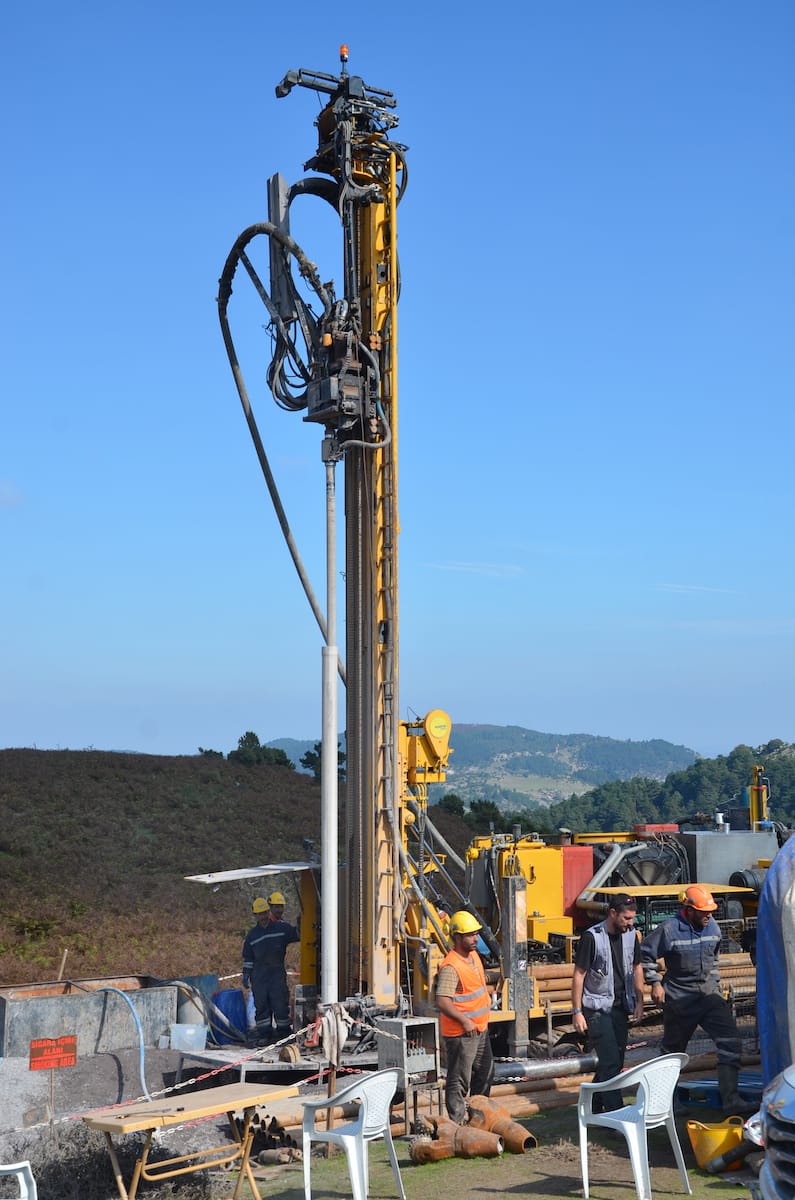
The SYMPLE Idea
The idea of founding SYMPLE stems from the experience of the Founders, who directly experienced, in the interaction with clients, colleagues and authorities, the width of the gap between hydrogeology, data processing and modelling knowledge.
SYMPLE moves from the rationales summarized below:
At present, while many research groups make use of the most advanced data processing and modelling tools, the common practice is still far from making use of even the already available tools, which are extremely under-utilized with respect to their potential.
Attempts of synthetising the modelling workflow into detailed steps often turns into an unsatisfactory and vague guidance, especially when it comes to the post-calibration stages. Furthermore, the risk to turn the application of guidelines into a double-edged sword that makes modelling a useless tangle of complexity is very high.
One of the biggest modelling efforts is to simplify reality to make it practically manageable, but still encapsulating the salient aspects of the problem to be solved. Even if each model domain is different from the other, several common features can be found in projects that share the same purposes. All-purposes models cannot exist, but project-related assumptions, workflows and checklists (“strategies” including new software) can be defined to assist the building of effective numerical models.
